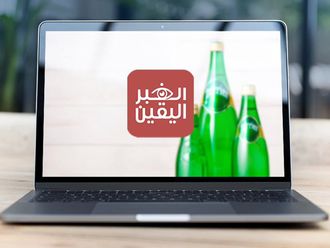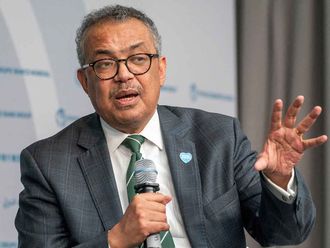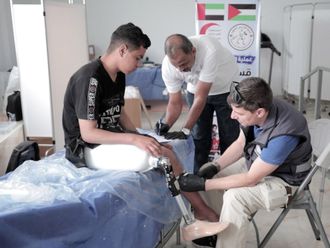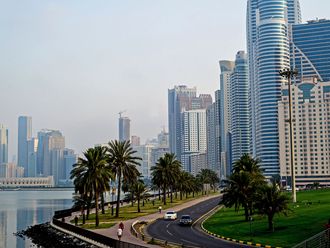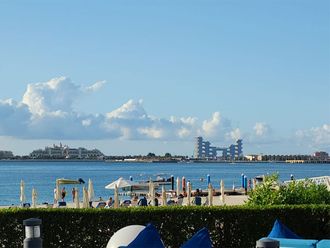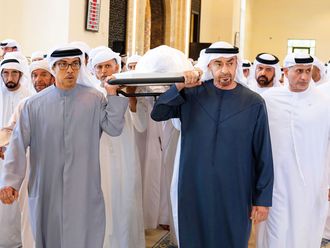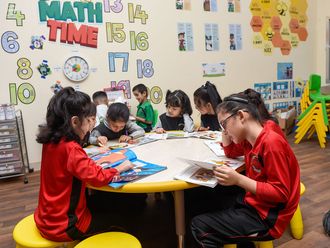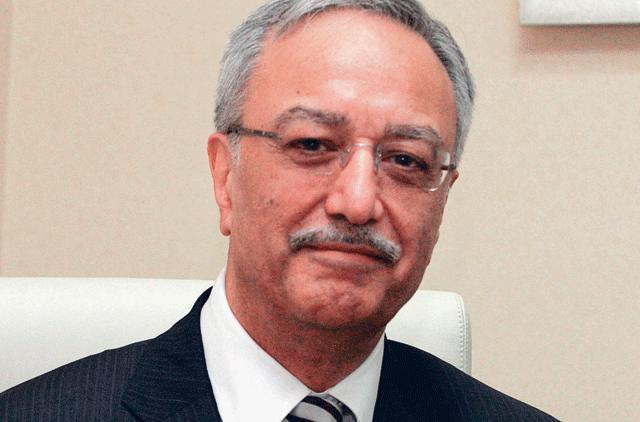
Abu Dhabi: The Shaikh Khalifa Medical City (SKMC) chronicle began with the establishment of the Central Hospital back in the 1960s, followed by Al Jazeera Hospital in the 1970s, which at the time served the emirate of Abu Dhabi, under the UAE Ministry of Health (MoH).
By 2000, SKMC was commissioned to serve a wider spectrum of medical and surgical services to Emiratis, and in January 2005, the Health Authority-Abu Dhabi (HAAD) announced the merger of SKMC, Al Jazeera Hospital, Central Hospital, Abu Dhabi Rehabilitation Centre, ten primary health care clinics, Abu Dhabi Blood Bank, and a dental centre.
Two years later, the HAAD signed an agreement with the US-based hospital, Cleveland Clinic, which now manages SKMC. During the same year, the Abu Dhabi Health Services Company (SEHA) was formed, and became the owner and operator of SKMC.
By 2008, the Central Hospital was demolished, and all its services transferred to a designated Urgent Care Centre in Khalidiyah, which was especially introduced to receive less life-threatening patients, thus minimising patient visits to SKMC's Emergency Department (ED).
Dr Tej Maini, Chief Executive Officer (CEO) at SKMC, speaks to Gulf News about one of the busiest EDs in the emirate, alongside the challenges and obstacles the hospital is facing.
Gulf News: Patients complain of long waiting lines/queues at SKMC's ED. Are you aware of that problem, and what are you doing to help lessen the waiting time in Emergency Rooms (ER) for critically ill patients?
Dr Tej Maini: We currently have ten beds in our paediatric ERs and 37 beds in our adult ERs, and plan to add an extra seven in our paediatric emergency ward (EW), and another ten in our adult EW. Alongside, we will increase our manpower, all by next year.
The queues happen because less critical cases end up visiting our ED, whereas they can receive the same medical assistance they seek at our Urgent Care Centre (UCC), or at any of the primary health care clinics, which we plan to introduce more of in the next few years.
People have to differentiate between a headache and a car accident injury. It's all about educating the public with regards to where they should go in accordance to their medical condition. Not every case requires a visit to our ED. Actually, the average time it takes for a patient to get serviced in our ER doesn't exceed 45 minutes, which is the envy of any US-based ER.
What are you doing about the shortage and turnover of physicians and nurses? And is that due to firm regulations set by HAAD regarding employment of Health Professionals (HPs)?
The SKMC workforce is close to 4,000 employees; and we still face a real challenge with manpower. Ten per cent is our physician turnover a year. Cleveland Clinics' turnover is five per cent. The shortage of nurses and physicians is a global problem.
Our main goal is to attract appropriately trained staff, and success does take time. A well informed team is a good team. I believe HAAD's regulations regarding employing HPs needs a review, since it takes months before a physician or a nurse can start working for a hospital in Abu Dhabi.
Your biggest challenge since you were appointed CEO of SKMC as of October 22, 2009?
Doctors come from 40 different countries, each one educated according to a US, UK, European, Asian, Middle Eastern undergraduate/graduate programme, and the rest of our staff, including nurses come from 50 different countries.
Our biggest challenge is to offer our patients the same standard of medical care that we are licensed to present. With everything computerised and coded now, that is becoming easier to do.
Doctors complain that they spend less time diagnosing, and more time filling out paperwork for health insurance companies. Your comments?
Last year, 20 per cent of patients seen in SKMC didn't have a health insurance card. An electric medical record system helps minimise paperwork, and doctors must get used to filling out health insurance paperwork, it has become a fact of life. The burden becomes minimal once everything is documented and available electronically.
Is it true that you have patients that actually reside in SKMC due to being abandoned by family members, or have no where else to go?
In general our problem is that patients are not willing to leave when they should, which results in having 568 of our bed-space constantly occupied, but we're now working on managing bed-space differently.
Due to the shortage of nursing homes, our Abu Dhabi Rehabilitation Centre (ADRC), has 80 beds, occupied by patients from different age groups, some of whom have been abandoned by their families, others are chronically ill, mentally challenged, or have neuromuscular disorders. Specially trained employees are taking care of them.
Some of these patients have lived at the ADRC since it opened in 1992 because they have no where else to go, and/or have no nationality. SEHA will soon move the ADRC into another facility.
How soon will SKMC introduce transplants, after the MoH law regarding organ transplants from brain-dead donors has been regulated?
We don't know the exact dates yet. Things are still being worked out and developed in order to start accepting organs. Once we have the right infrastructure, equipment and blood bank, we will start accepting the organs.
For now, we are accepting kidney transplants from live relatives. In the future, we'll work on the liver and the pancreas. The heart transplant is in the picture, but requires special expertise to do the surgery, which we still need to recruit.
A paediatric bone marrow transplant is something we are also working on, given the large number of congenital births these days.
How do you handle medical negligence cases?
We have a peer review mechanism managed by our Chief Quality Officer, who reviews the case, and depending on the findings, takes action with the doctor/surgeon concerned. The action can include educating the health professional, to instant dismissal.
Please talk to us about your background.
I was appointed CEO of SKMC last year, and chaired the SKMC Steering Committee for the last year. Over the past two years, I served as Senior Vice-President of Global Solutions at the Cleveland Clinic.
I received my medical degree from the All India Institute of Medical Sciences in New Delhi. Following my internship and residency in Surgery at Boston City Hospital, MA, I completed a fellowship in Nutrition at the New England Deaconess Hospital, Boston, MA and a fellowship in Vascular Surgery at Peter Bent Brigham Hospital, Boston, MA.
Centre employs nearly 4,000 staff
- Total number of physicians- 545Emirati - 74; Non-Emirati - 471
- Number of Emirati consultants - 18
- Nursing staff - 1,595
- Total number of staff at SKMC - 3,950
In demand: Number of patients in each department (up to March 31)
- Emergency Department visits - 18,593
- Khaldiyah Urgent Care Centre - 10,808
- Al Ettihad and Al Madina Walk in Clinics - 9,667
- Adult surgeries (excluding cardiac surgeries) - 1,755
- Paediatrics surgeries (excluding cardiac surgeries) - 176
- Paediatrics cardiac surgeries - 83
- Adult cardiac surgeries - 58
- Six family medicine clinics - 59,768


